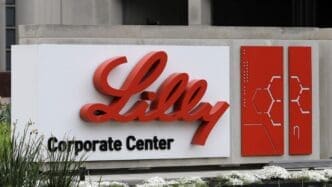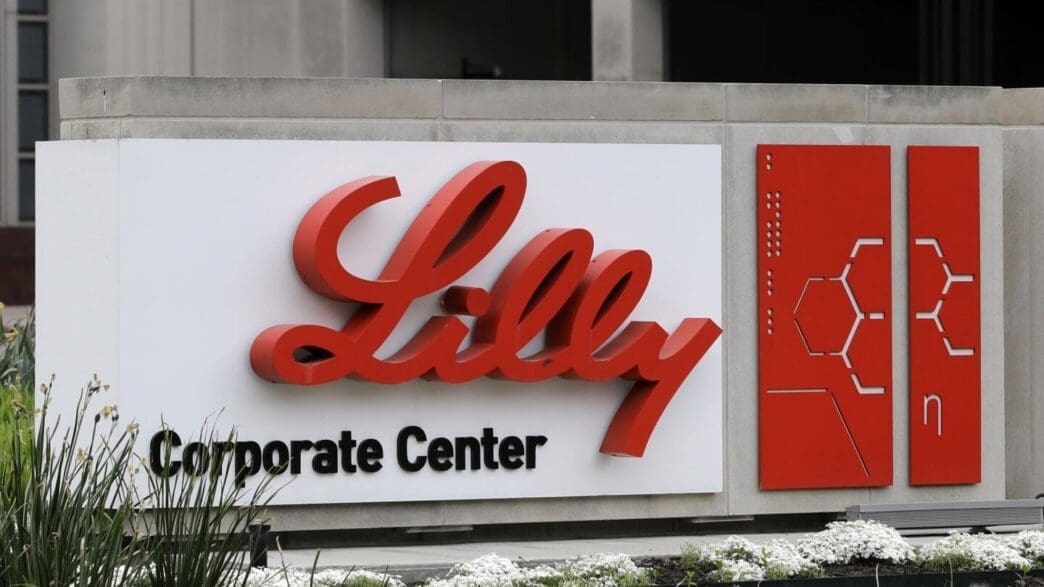In a surprising move that’s shaking up the pharmaceutical world, the FDA has ordered the withdrawal of unapproved versions of two major obesity and diabetes medications from the market. This development comes after a resolution of the shortage of the original drugs, Zepbound and Mounjaro, produced by Eli Lilly.
The Food and Drug Administration’s decision marks the end of an era for specialty pharmacies and online companies that have been riding the wave of these off-brand alternatives. These businesses must now phase out their versions of the drugs, which have gained popularity among Americans looking to manage their weight more effectively.
For the past two years, a national shortage of Eli Lilly’s Zepbound, approved for obesity, and Mounjaro, for diabetes, led to a boom in knockoff versions. These drugs are part of the GLP-1 class, known for their effectiveness in reducing appetite and promoting a feeling of fullness, thus aiding weight loss.
Eli Lilly, a major player in the pharmaceutical industry, had been advocating for the FDA’s action, emphasizing that the supply shortage has ended. According to the FDA, Lilly’s production is now meeting or even surpassing market demand, making the replicas unnecessary.
However, the transition back to the original products isn’t just about market dynamics. There’s a significant safety component, as the FDA previously highlighted concerns over the quality and formulation of some online-sold GLP-1 drugs. The agency’s oversight on compounding pharmacies has been limited, with state authorities primarily handling regulation, adding a layer of complexity to the situation.
Compounding pharmacies have been manufacturing these alternative versions using raw ingredients, carving out a substantial niche in response to shortages. These versions attracted attention by offering more affordable options, often running a few hundred dollars for a month’s supply, thus becoming a staple for many consumers.
The FDA’s action may streamline the market back to standard pharmaceuticals, potentially ensuring better safety for users. The short-lived era of these knockoff drugs is ending, giving way to corporate giants like Lilly to reclaim their territory in this lucrative market.
Meanwhile, as the demand for GLP-1 drugs continues to soar, rival companies like Novo Nordisk with their products Wegovy and Ozempic, remain on the FDA’s shortage list, adding another layer of complexity to the broad spectrum of obesity treatment options.
Consumers and pharmacies are given 60 to 90 days to adapt to this change, depending on the size of the business. This timeline provides a brief window for the industry to recalibrate and align with FDA regulations, ensuring compliance and focusing back on Lilly’s original medications.
This development not only marks a shift in consumer access to these medications but also underlines the intricate balance between affordability, availability, and regulatory oversight in the healthcare industry. The recent lawsuit by compounding pharmacies and public outcry had initially stalled the FDA’s earlier declaration ending the shortage, showing the contentious nature of this industry shift.
As the FDA tightens its grip on unapproved medical alternatives, this decision heralds a significant pivot in how weight management and diabetes drugs will be accessed and regulated. Patients need to brace themselves for changes in the market landscape as the pharmaceutical sector adjusts to this new directive.
Source: Apnews








